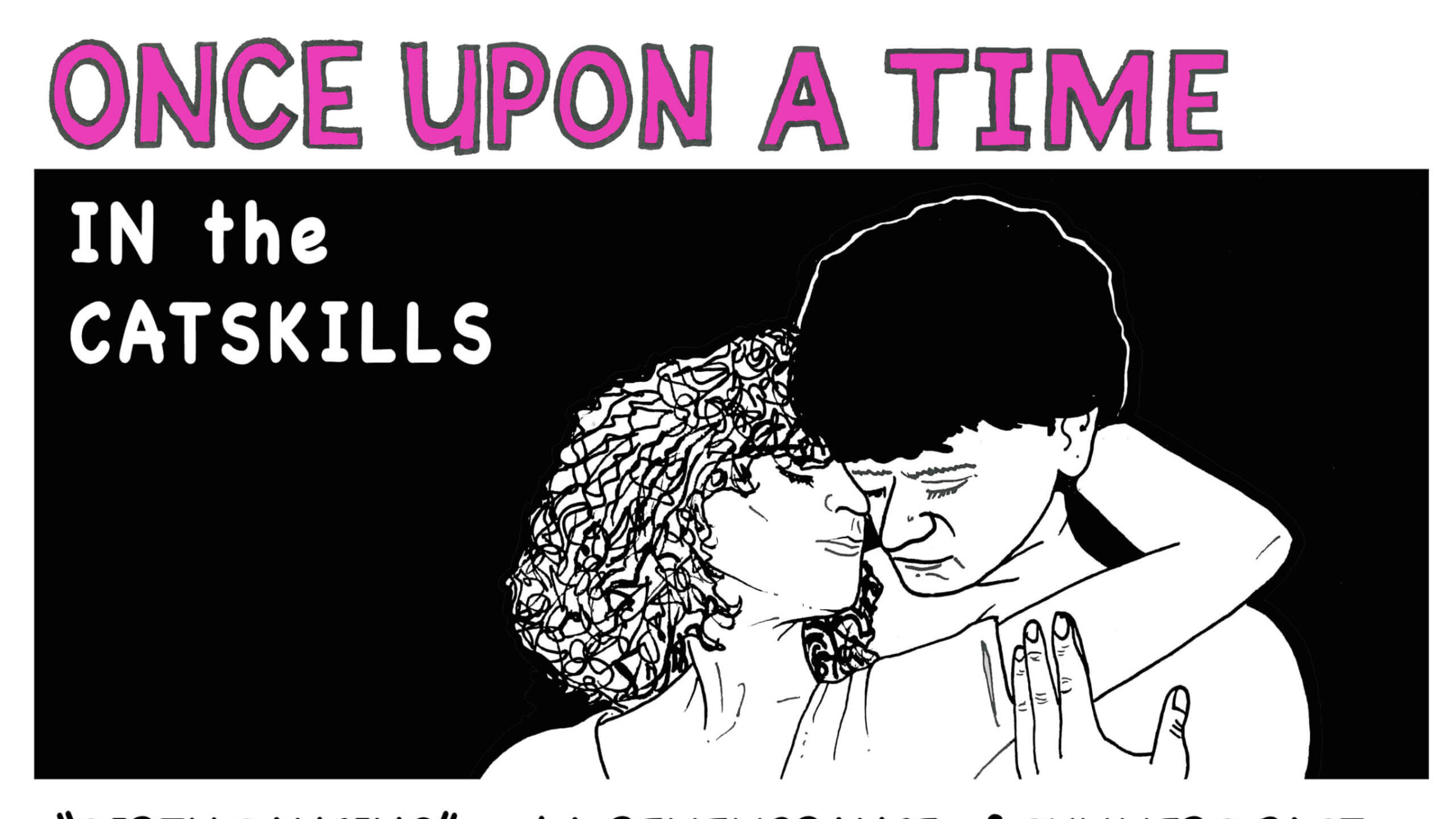
Photo Essay‘Dirty Dancing’ and the Yiddish Camelot it captured
An illustrated deep dive into the 1987 film that brought the Jewish Catskills to the masses
Illustration by DenBerg
Photo Essay‘Dirty Dancing’ and the Yiddish Camelot it captured
An illustrated deep dive into the 1987 film that brought the Jewish Catskills to the masses
It’s been 36 years since Dirty Dancing first blasted into America’s cultural DNA, and the film, and its music, remain iconic.
Written by Eleanor Bergstein and directed by Emile Ardolino, the 1960s romance between wealthy Catskills resort guest Frances “Baby” Houseman (Jennifer Grey) and the smoldering dance instructor Johnny Castle (Patrick Swayze) captivated moviegoers from the beginning. Yet the film also struck home for many American Jews in particular, who recognized the characters, the Borscht Belt comedy and the Catskills resort experience as quintessentially Jewish. “It’s a Jewish film,” Bergstein told a reporter in 2011, “if you know what you’re looking at.”
In this series by illustrator DenBerg, he plumbs the depths of the film’s Jewishness frame by frame, placing the fated love affair between Baby and Johnny in context of the political, social and cultural maelstrom of the ’60s.
To contact the author, email opinion@forward.com.
1 / 25
Illustration by DenBerg
2 / 25
Illustration by DenBerg
3 / 25
Illustration by DenBerg
4 / 25
Illustration by DenBerg
5 / 25
Illustration by DenBerg
6 / 25
Illustration by DenBerg
7 / 25
Illustration by DenBerg
8 / 25
Illustration by DenBerg
9 / 25
Illustration by DenBerg
10 / 25
Illustration by DenBerg
11 / 25
Illustration by DenBerg
12 / 25
Illustration by DenBerg
13 / 25
Illustration by DenBerg
14 / 25
Illustration by DenBerg
15 / 25
Illustration by DenBerg
16 / 25
Illustration by DenBerg
17 / 25
Illustration by DenBerg
18 / 25
Illustration by DenBerg
19 / 25
Illustration by DenBerg
20 / 25
Illustration by DenBerg
21 / 25
Illustration by DenBerg
22 / 25
Illustration by DenBerg
23 / 25
Illustration by DenBerg
24 / 25
Illustration by DenBerg
25 / 25
Illustration by DenBerg
A message from our CEO & publisher Rachel Fishman Feddersen
I hope you appreciated this article. Before you go, I’d like to ask you to please support the Forward’s award-winning, nonprofit journalism during this critical time.
We’ve set a goal to raise $260,000 by December 31. That’s an ambitious goal, but one that will give us the resources we need to invest in the high quality news, opinion, analysis and cultural coverage that isn’t available anywhere else.
If you feel inspired to make an impact, now is the time to give something back. Join us as a member at your most generous level.
— Rachel Fishman Feddersen, Publisher and CEO